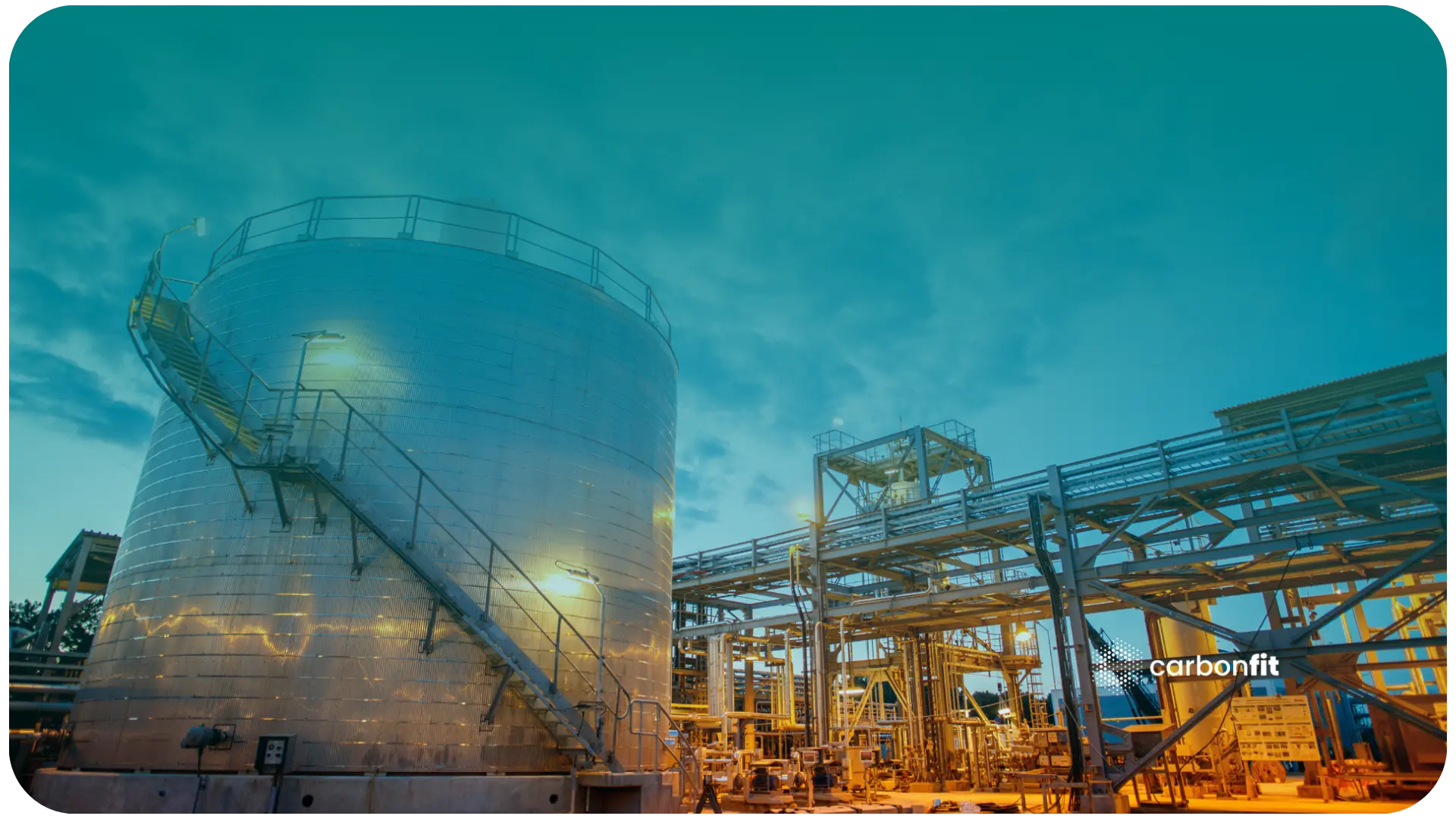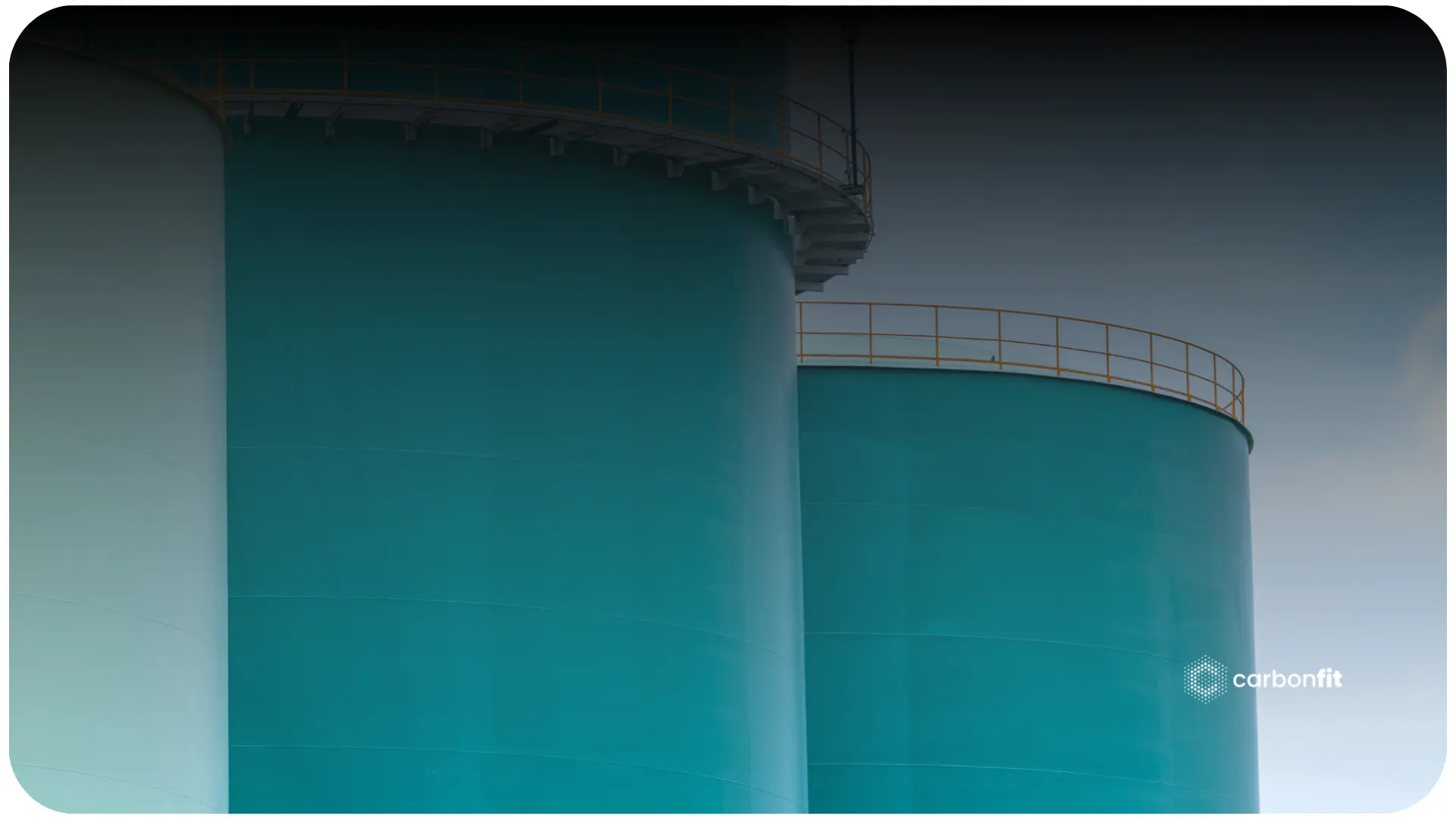
What effect will the war have on European markets?
Over the past week, natural gas prices in Europe have been on the rise, driven by recent global events that have injected uncertainty into the market. Concerns have been growing about the continent's gas supply for the upcoming winter season, especially in light of the crisis in Israel and Gaza and Chevron's operations in Australia, which have cast a significant shadow over the market's outlook. The European natural gas benchmark, Dutch TTF, saw a substantial increase in its price, surging by 41% to reach an eight-month high of €56 per megawatt-hour last week. Within just one month, prices have climbed by more than 50%. However, it's important to note that even with these increases, the current price is still less than half of what it was one year ago. These price fluctuations are primarily driven by global uncertainties, including the recent decision by the US oil giant Chevron Corp to halt production at its offshore Tamar natural gas field near Israel's northern coast. This action was taken as the Israeli-Hamas conflict intensified, further contributing to the market's unease.
Tamar Gas Field
The shutdown of the Israeli Tamar gas field holds significant implications for Europe due to its substantial gas reserves and the interconnected nature of the global gas market. Here's why it matters: Gas Reserves: The Tamar gas field is known to possess more than 300 billion cubic meters of natural gas, which is roughly equivalent to the annual natural gas imports of the entire European continent. Europe heavily relies on gas imports to meet its energy needs, and any disruption in a major gas source can create supply shortages and price fluctuations in the European gas market. Israel's Energy Needs: Tamar field provides a substantial portion of Israel's energy requirements for power generation, accounting for approximately 70% of the country's energy needs. A prolonged shutdown could lead to domestic energy shortages in Israel, potentially impacting its economic and industrial activities. Gas Exports to Neighbors: Israel exports a portion of its gas to neighboring countries, including Egypt. Egypt, in turn, is a significant gas exporter to the European market. If the Tamar field remains offline, it could lead to a reduction in Israeli gas exports to Egypt, which may affect Egypt's ability to meet its gas export commitments to Europe. European Gas Supply: Europe receives a substantial amount of natural gas from Egypt, with exports expected to reach 7.5 million tonnes in a given year. Europe, particularly countries in the Mediterranean region, relies on these gas imports to meet its energy demands. Any disruptions in the gas supply chain between Israel, Egypt, and Europe could lead to supply shortages and price volatility in the European gas market. LNG Exports: Egypt has plans to resume liquefied natural gas (LNG) exports, and a reduction in its gas supply from Israel could impact its ability to fulfill these export commitments. Europe, being a major destination for LNG imports, could feel the effects of this supply disruption. In summary, the shutdown of the Israeli Tamar gas field not only affects Israel's domestic energy situation but also has wider implications for gas supply chains and pricing in Europe. It underscores the interconnectedness of the global gas market, where disruptions in one region can have cascading effects on energy supplies and prices in distant markets like Europe.

Is there a cause for concern regarding Europe's gas supplies?
It's worth noting that gas storage levels throughout Europe currently stand at over 90% capacity, which includes a significant reserve carried over from the winter of 2022/23. Additionally, there are extra gas volumes being accumulated in Ukrainian storage facilities. Furthermore, there exists a notable likelihood, as indicated by the Copernicus Climate Change Service, of Europe experiencing a particularly mild winter. This could potentially lead to a reduction in the demand for heating fuels. Nevertheless, there are lingering concerns regarding the security of European pipeline infrastructure, given suspicions of sabotage in the recent Balticconnector pipeline leak. Although the European Union is not expected to confront significant supply challenges during the upcoming winter, the enduring repercussions of global gas disruptions are likely to maintain high prices. These costs will eventually be borne by households and businesses. If you are concerned or wish to discuss your gas price and contract regardless of your location in Ireland or UK , please reach out to Aron@carbonfit.online

Ready to Embrace Your Greener Future? Contact Us Today!
If you are concerned or wish to discuss your gas price and contract regardless of your location in Ireland or UK , please reach out to aron@carbonfit.online 📞📧🌿
At the heart of our mission is a commitment to driving sustainable transformation across diverse landscapes, which is why we proudly collaborate with businesses in multiple dynamic cities across the UK and Republic of Ireland. From the bustling streets of Belfast to the vibrant energy of London, the industrious hub of Birmingham, the maritime charm of Liverpool, the urban vibrancy of Manchester, the cultural tapestry of Glasgow, the historic allure of Edinburgh, and the cosmopolitan flair of Dublin, our reach spans far and wide. We understand that each city has its unique challenges and opportunities, and that's why our tailored carbon calculation platform is designed to meet the distinct needs of businesses in every locale. Our engineer expertise doesn't just transcend geographical boundaries; it thrives within them, crafting solutions that resonate with the individual essence of each city. Together, we're not just driving carbon optimization – we're forging connections that empower businesses to thrive sustainably while nurturing the diverse spirit of every community we touch.